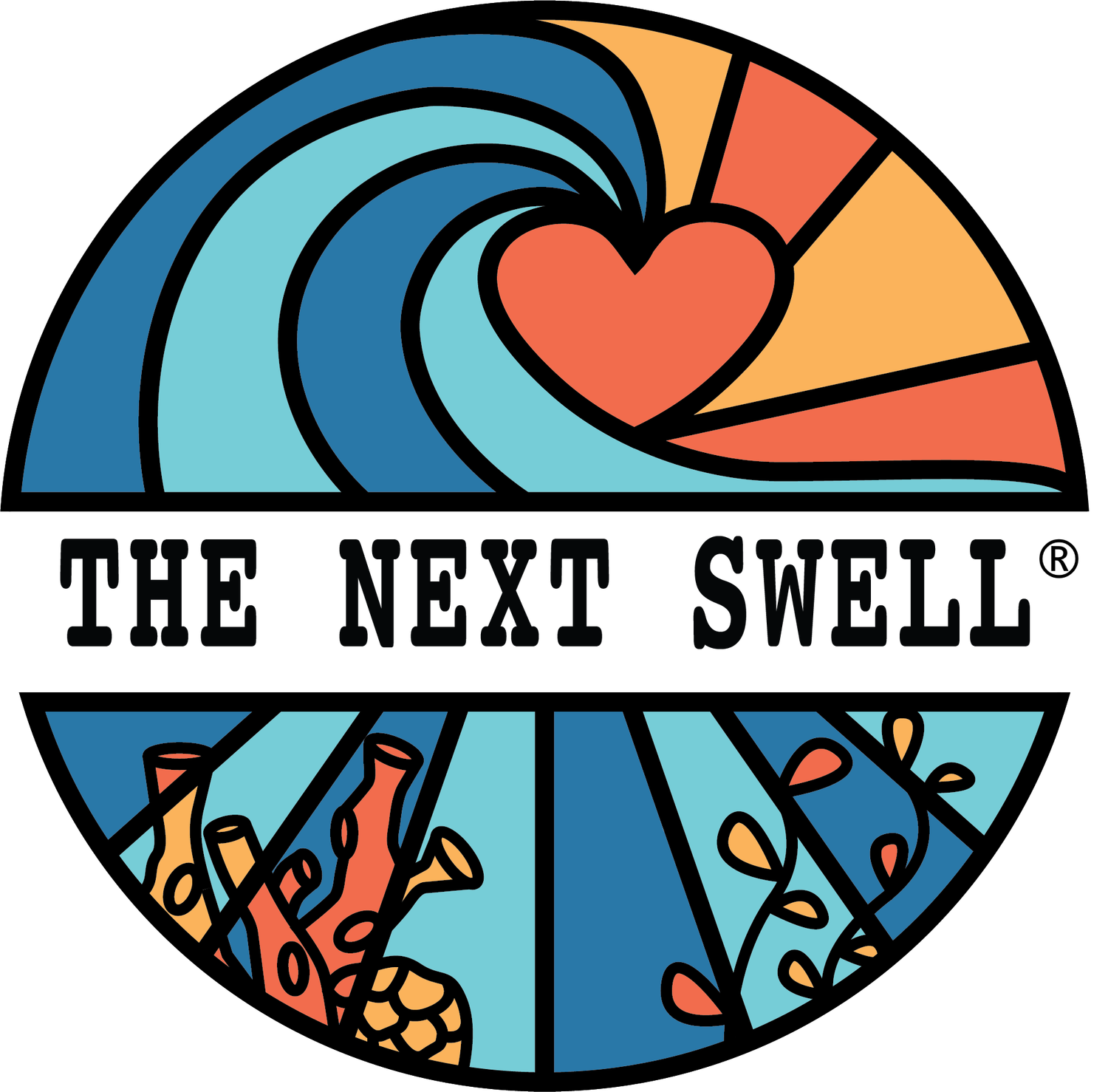Interconnection Through Sharks and Rays
Sometimes, the more you learn, the less you realize you know. Finishing my undergraduate degree, then my graduate degree, in Marine Conservation, I thought I was at least approaching expert-level knowledge about this area of study. And when I became Program Manager of a sharks and rays conservation program, I felt confident that I would become a true expert in this small area of the field. I had some previous background on sharks, a lot of background on marine conservation more generally, and a deep desire to learn and serve the ocean. I joined a team with a tremendous depth of knowledge and expertise, with teammates I was (and am!) lucky to be able to learn from. I imagined that soon enough I’d be in-depth on every aspect of sharks and rays. Like a scientist, I was thinking anatomically, thinking environmentally, thinking food chains and water temperatures. Things you could become an expert in.
What I didn’t anticipate the job would require of me was actually a lot of learning about humans. About fisherman in Malaysia, and their artisanal techniques for shark fishing; about Filipino conservationists building shark-friendly behaviors and educational programs for tourists; about the cultural significance that our interactions with sharks and rays, and all animal life, has in different countries, religions, and backgrounds. In beginning to write proposed legislation, the expertise that was actually required was understanding the cultural context each country brings to conversations about sharks and rays. It pushed me beyond a “sharks good, humans bad” mentality and out of a set of assumptions that oversimplified the role that humans play and have always played in interacting with their natural environment. I felt like I knew less–sometimes it felt like I didn’t know anything–but really I was finally seeing the complexity that had always been there.
Figure 1. Learning local fishing techniques from locals of Sarawak, Malaysia
In November 2022, after nearly a decade of work from a team of 20, I attended CITES CoP19. CITES stands for the Convention on International Trade in Endangered Species of Wild Fauna and Flora, and I was on the core team working on shark protections on behalf of many global organizations. With their overwhelming votes of support, this means that as of November 2023, there are finally regulations governing the international trade of 90% of shark meat and fins.
Figure 2. CITES CoP19 Global Shark "Dream Team"
CITES CoP19 was the big show, but it was the culmination of a tireless team effort across the globe, where we explained to governments the importance of listing requiem sharks on CITES appendix II. The science behind the protections was solid, had always been solid, but that wasn’t most of the work. The parties involved would not have readily listened to the science behind these proposed regulations without the legwork we had done up front visiting stakeholders, learning from ordinary people about their livelihoods, and collaborating with those parties that would be most directly economically affected. As a result of this legislation, the management and protection of these ocean predators has been forever changed (in a good way)!
We didn’t get it done by knowing everything about sharks and rays, though that’s a noble goal and the team benefits from a few wildly knowledgeable scientists. Even as we move on to our next task, collaborating with countries to implement these listings and strengthen their fisheries management and trade measures at the national levels, it’s not going to be mostly biology. It’ll be another global team effort to guarantee that species being traded internationally are fished at sustainable levels and that precautions are being taken to ensure that threatened species rebound for current and future generations. It’ll be a lot of understanding where each country is coming from, and what cultural, economic, and livelihood priorities are involved for that individual country. It’s listening.
Figure 3. Learning about targeted species for local fishermen in Sarawak, Malaysia
So, did I ever become an expert? I’m further away than ever before, because the boundaries of what I want and need to know keep getting broader. But, also, I feel less expectation to be an expert–I’ve learned more as a student and collaborator these past few years, working to figure out a way to balance the needs of the natural world with those of the human across the table, and the country they represent. Releasing expertise and replacing it with curiosity and open-mindedness makes me optimistic about the future, and about the way that great things are possible in conservation when we focus on our interconnectedness: with other countries, other humans, other living things.



